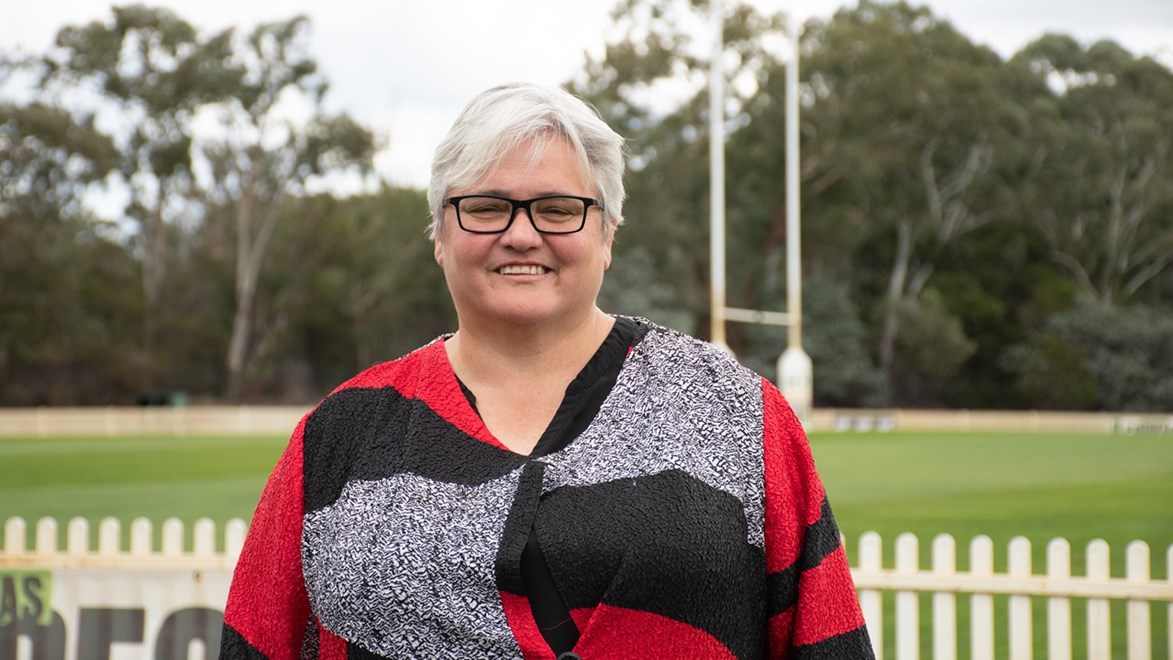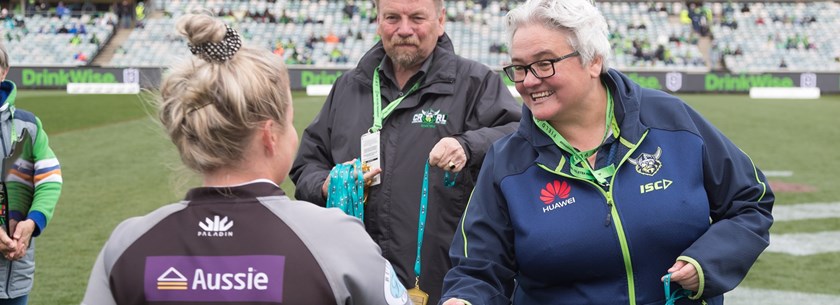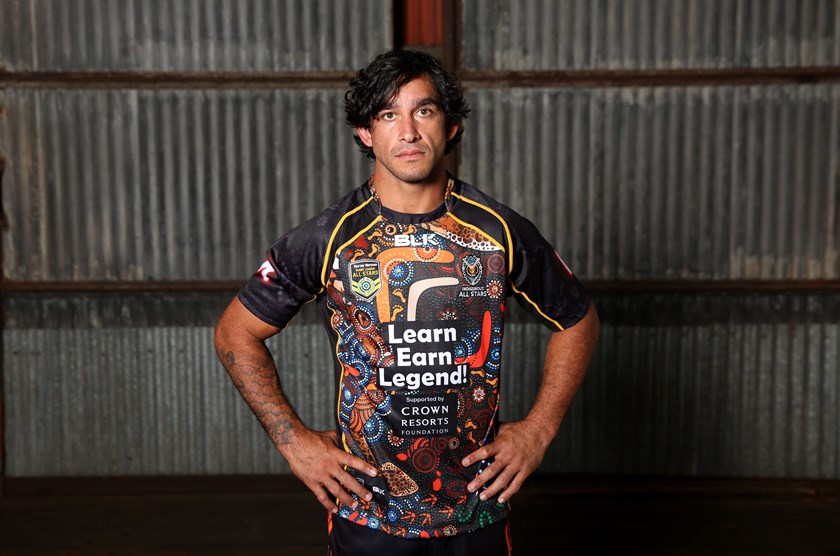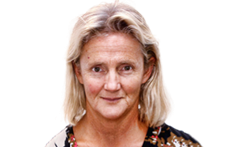

Katrina Fanning's influence spans three crucial areas of her life – her commitment to indigenous issues, rugby league, and women's sport.
The fact they all intertwine in Fanning's daily business has helped her to further publicise both what needs to done and what already has been done in all three.
The former Jillaroo, who played 26 Tests in a 14-year career, relishes the power of ideas and the people behind them.
Fanning, who is chair of the Australian Rugby League Indigenous Council and a director on the Raiders board, has now been given another honour.
She is the 2019 ACT's Australian of the Year – an honour given to her last October but which culminates in the announcement of the national winner this weekend in Canberra.
Regardless of what happens, she is seeing how her love of rugby league helped open her eyes to what she could do in the world.
"Being the ACT award winner for the past three months has given me time to reflect on exactly how much rugby league did open opportunities for me," Fanning told NRL.com.

"It was more the confidence it gave me and like an identity I could start to grow into.
"And that's really why I do a lot of the work I do now – not just in rugby league but giving people genuine opportunities to pursue things they are passionate about.
"For Aboriginal communities it's about letting them make the decisions and run the things that are important to their lives, rather than having people come in – good-willed or not – doing things to them.
"That doesn't change things. It just disenfranchises things and leaves them worse off.
"So it's about looking things 'big picture' style on how government works with Aboriginal communities, or working with individuals on how to get things started for an idea or a project.
"I try to take the things I've learned and the opportunities I've had to help them do what they want."
Former Kangaroos five-eighth and Cowboys premiership winner Johnathan Thurston won the Queensland Australian of the Year for 2018.
Author-songwriter Archie Roach is Victoria's 2019 Australian of the Year, and is up against fellow indigenous leader in Fanning – a proud Wiradjuri woman – for the national award on Saturday.
"Ten of the 32 finalists across all the categories are Aboriginal people, and five of the eight Young Australians of the year are Aboriginal," Fanning said.
"And that's not just sport or culture and arts like JT, myself and Archie come from, but science and medical fields as well.
"So seeing these others come through is challenging the stereotype as they are being successful in non-traditional fields for us as indigenous people."
But still there is work to be done and Fanning hopes to influence changes in elite women's sport as well.

"Unfortunately, for a lot of girls outside rugby league, or cricket or soccer maybe – say tennis, cycling and athletics for example – they have to go a long way from Australia to have careers in their sports.
"Until they reach No.1 or win a world title you never hear of them.
"So having them as role models and being able to contribute and build lives post-sport becomes problematic. After they finish their sporting careers they come back and start well behind everyone else their own age.
"So being able to build the profile of women's sport, the appetite of companies to get behind it, will enable more girls to set themselves up for life, and not just their sports life."
While Fanning's diary is continually filling up, she has taken four days out to take part in the Australian of the Year build-up celebrations, which have included lunch with the Prime Minister at Parliament House and dinner with Governor General David Hurley.







